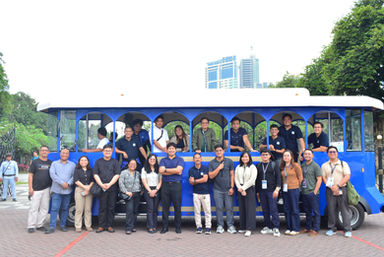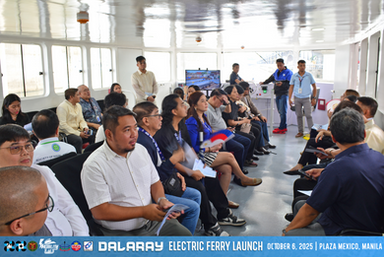Bringing the
FUTURE of mobility
to the PRESENT


E-MOBILITY R&D GROUP
The Electric Mobility Research and Development Group of the University of the Philippines Diliman focuses on vehicle electrification, industry localization, and infrastructure for sustainable transportation in the Philippines.
Housed by the UP Diliman Electrical and Electronics Engineering Institute (EEEI), the group collaborates with government agencies including the Department of Science and Technology (DOST), and the Department of Energy (DOE); with the ElectroMobility Research and Development Center (EMRDC) of Cagayan State University (CSU), as well as work with industry partners, to develop tailored electric mobility solutions that reduce carbon emissions and enhance public transportation in the country.




Developed Components
VEHICLE CONTROL UNIT (VCU)
Supervisory and main control unit of the vehicle

BATTERY
MANAGEMENT SYSTEM
Battery monitoring and protection

SWITCHED RELUCTANCE MOTOR
Locally designed electric motor for electric vehicle

MOTOR CONTROLLER
Electric motor controller for power, RPM and torque regulation

































